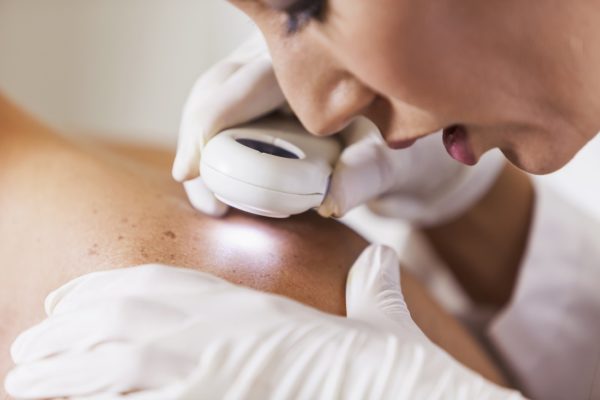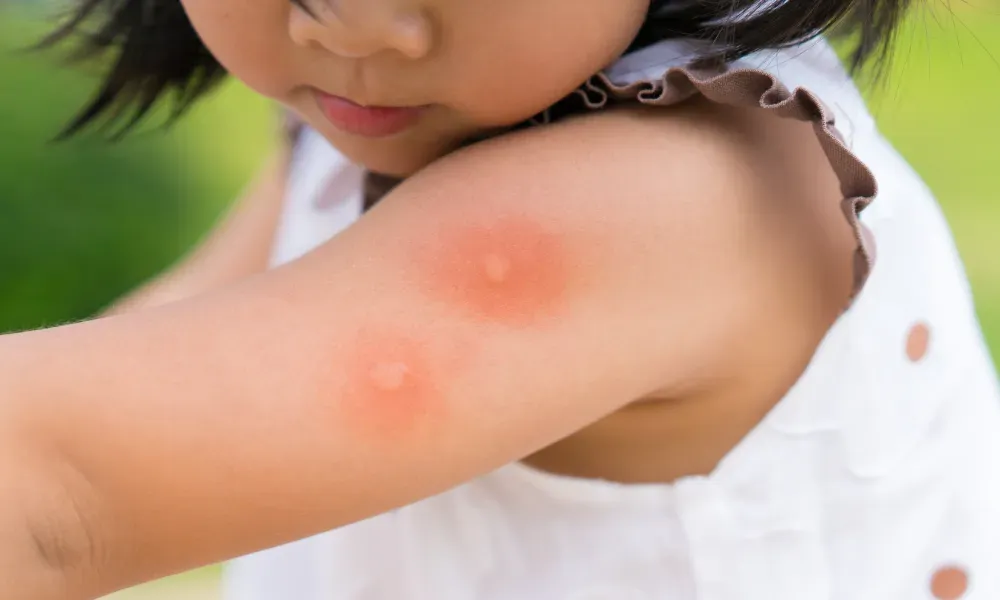Insect bites can cause discomfort and worry. Dermatologists play a key role in treating these bites. They offer expert care to ease symptoms and prevent complications. Dermatologists also ensure that the skin heals properly. In some cases, individuals may seek additional cosmetic procedures, like Pasadena injectables, to further address any skin concerns. Understanding the role of dermatologists helps in managing and treating insect bites effectively.
Why Dermatologists?
Dermatologists are skin experts. They diagnose and treat skin conditions, including reactions from insect bites. These professionals have the necessary training to identify various types of bites. They can distinguish between simple irritation and more serious infections. This ensures that patients receive the right treatment promptly.
Common Insect Bites and Their Symptoms
Insect bites can vary in appearance and severity. Some common bites include:
- Mosquito bites – Often cause itching and swelling.
- Bee stings – Can lead to pain and possible allergic reactions.
- Tick bites – May result in red rashes and require careful monitoring for Lyme disease.
Recognizing the type of bite is key for effective treatment. In some cases, self-care might be enough, but professional care is advisable for persistent or severe symptoms.

The Treatment Process
When treating insect bites, dermatologists often follow these steps:
- Examination: Determine the cause and severity of the bite.
- Treatment plan: Develop a personalized approach, which may include topical creams or medications.
- Follow-up: Monitor healing and adjust treatment as needed.
In some cases, dermatologists may recommend over-the-counter solutions or prescribe specific treatments. They may also advise on preventive measures to avoid future bites.
Comparison of Insect Bite Treatments
| Insect Bite | Common Symptoms | Treatment Options |
| Mosquito | Itching, swelling | Antihistamines, topical steroids |
| Bee | Pain, swelling | Ice application, pain relievers |
| Tick | Red rash | Antibiotics, doctor consultation |
Preventive Advice from Dermatologists
Prevention is often the best strategy. Dermatologists suggest:
- Using insect repellent.
- Wearing protective clothing.
- Avoiding areas known for high insect activity.
These measures can help reduce the risk of bites and the need for treatment.
When to See a Dermatologist
For most minor bites, home care is sufficient. However, seek professional help if:
- Symptoms persist or worsen.
- Signs of infection appear, such as redness or pus.
- You’re unsure about the cause or type of bite.
In these cases, a dermatologist can provide valuable guidance and care.
Conclusion
Insect bites can be more than just a minor irritation. Dermatologists offer essential expertise in identifying and treating these bites. They ensure proper healing and help prevent complications. For more detailed insect bite information, visit the CDC’s insect bite page or the NHS website. Understanding when to seek help and how to prevent bites is key to maintaining healthy skin.

